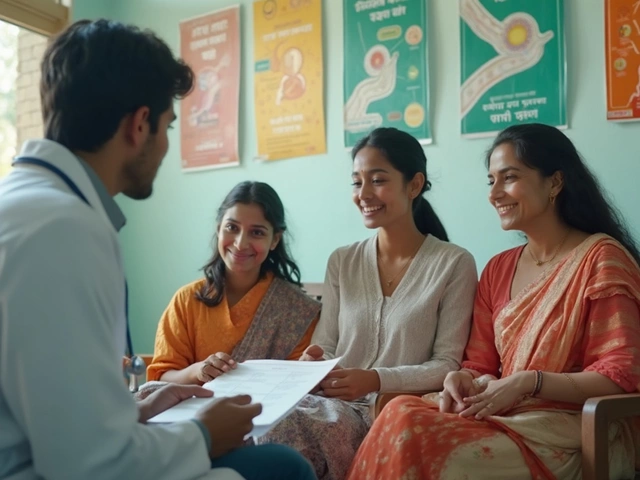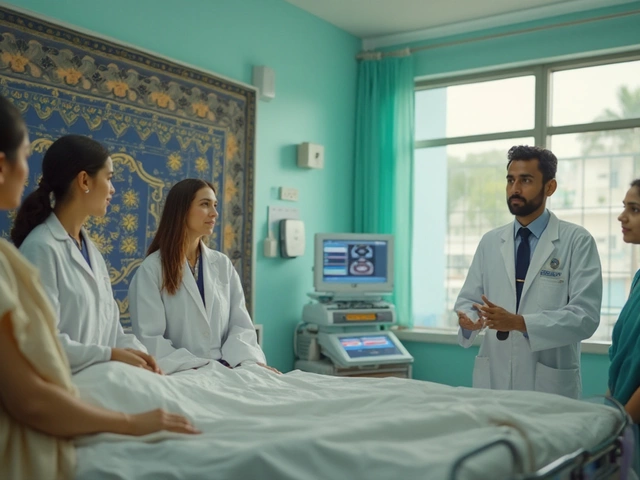Universal Healthcare in India: What It Means for You
Ever wondered why some people can get cheap medicine while others pay a fortune? That’s the core of universal healthcare – a system where everyone should get the care they need without breaking the bank.
In simple terms, universal healthcare means the government or a national program makes sure basic health services, including essential medicines, are available to every citizen. No fancy insurance jargon, just a promise that health isn’t a luxury.
Why Universal Healthcare Matters
When health care is truly universal, people stop skipping doctor visits because of cost. That means diseases are caught early, treatments start sooner, and overall life expectancy climbs. It also reduces the financial shock that can tumble a family into debt.
India has made big strides – schemes like Ayushman Bharat aim to cover millions of families. But the road is still rough. Rural areas often lack qualified doctors, and some medicines aren’t listed in the government’s price caps, leaving gaps in protection.
How Toxic Medicine Insights Helps You Navigate the System
Even with universal coverage, not all drugs are safe. Some medicines sold over the counter can contain hidden toxins or harmful side‑effects. That’s where we step in – we break down the risk factors, explain what to watch for, and share real‑world advice.
Start by checking if a drug appears on our toxicology lists. If it does, ask your doctor for an alternative or a safer dosage. Keep a simple notebook of any new symptoms after you begin a prescription – it’s the fastest way to spot trouble.
When you visit a pharmacy, ask for the generic version of a medication. Generics are usually priced lower and, under universal schemes, are more likely to be approved as safe. If the pharmacist can’t explain why a brand‑name drug is necessary, it’s worth a second opinion.
Don’t rely solely on the price tag. Some cheap drugs are sub‑standard or stored improperly, especially in remote clinics. Look for the government’s seal of approval on packaging – it’s a quick visual cue that the product meets safety standards.
Stay updated with our weekly bulletins. We summarize the latest research on drug safety, policy changes, and regional health alerts. A quick skim each Sunday can save you hours of worry later.
Finally, talk openly with your doctor about your health history. If you have liver or kidney issues, certain medicines can be extra risky. A clear conversation helps the doctor pick a drug that fits your body, not just the budget.
Universal healthcare isn’t a magic wand, but it gives you a solid foundation. Pair that foundation with informed choices about medicines, and you’ll protect both your wallet and your health. Need more tips? Dive into our articles on toxic substances in Indian drugs and stay ahead of the curve.
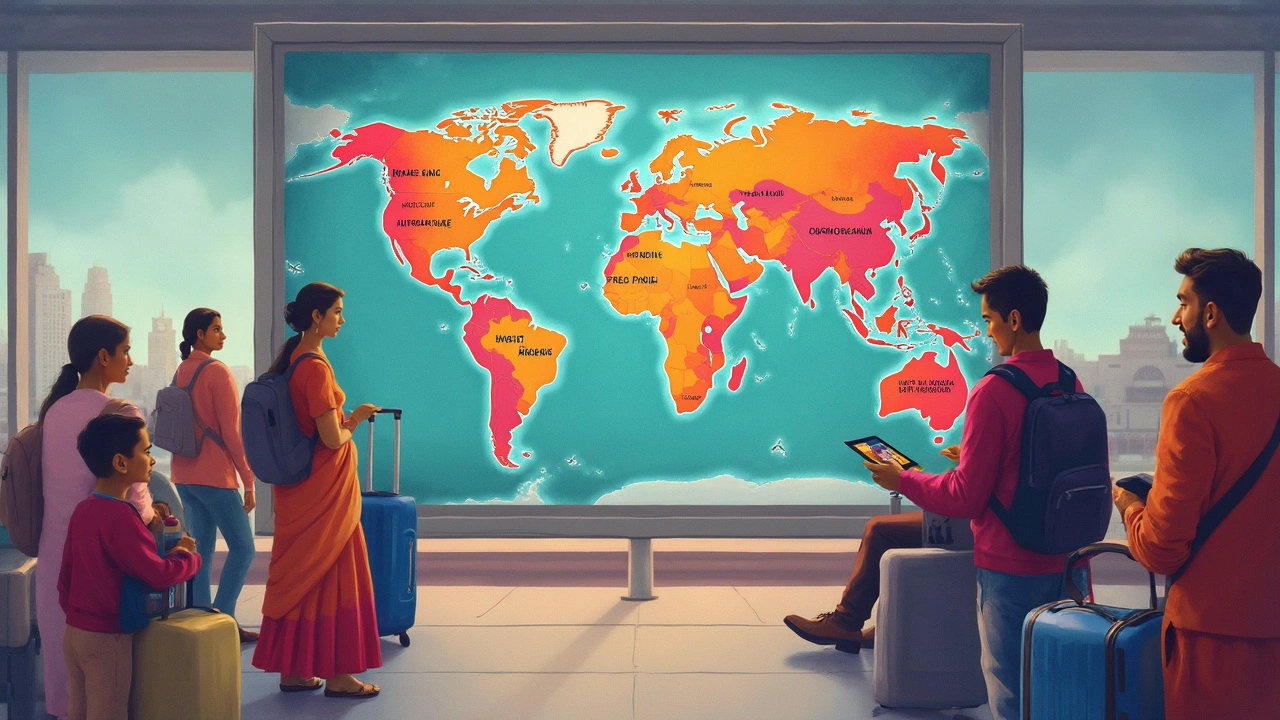
What Country Has Free Healthcare? Your Quick Guide for Medical Travelers
If you’re wondering which countries offer free healthcare, this article breaks down where you can get medical treatment without huge bills. Get a snapshot of how free healthcare works in different places and find out what’s covered for both locals and travelers. Some countries roll out the red carpet for international patients, while others keep the best deals for citizens. Discover where you can really save, plus smart tips for using foreign health systems if you’re traveling. Make informed choices so you’re not caught off guard by surprise medical expenses.
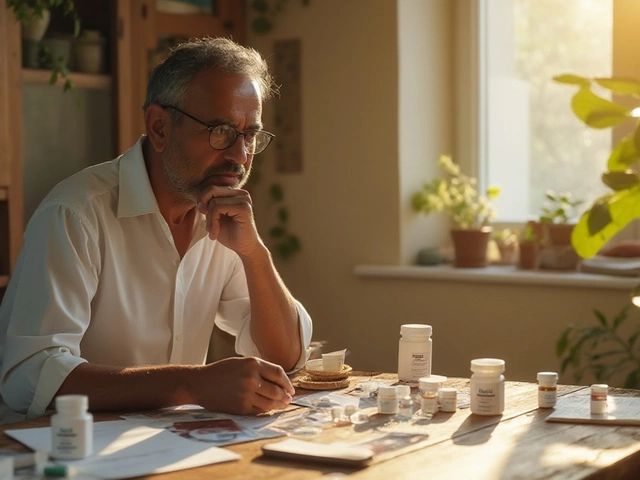
Discovering the Top Diabetes Medication in 2025
Jan, 3 2025
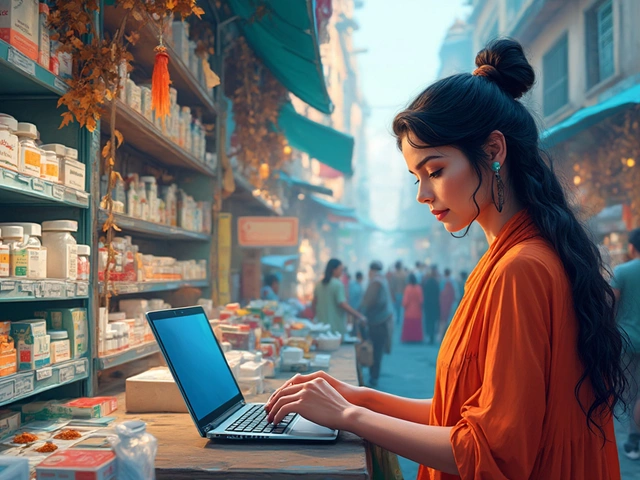
Best Mail-Order Pharmacies: Who's Leading the Pack?
Mar, 19 2025

